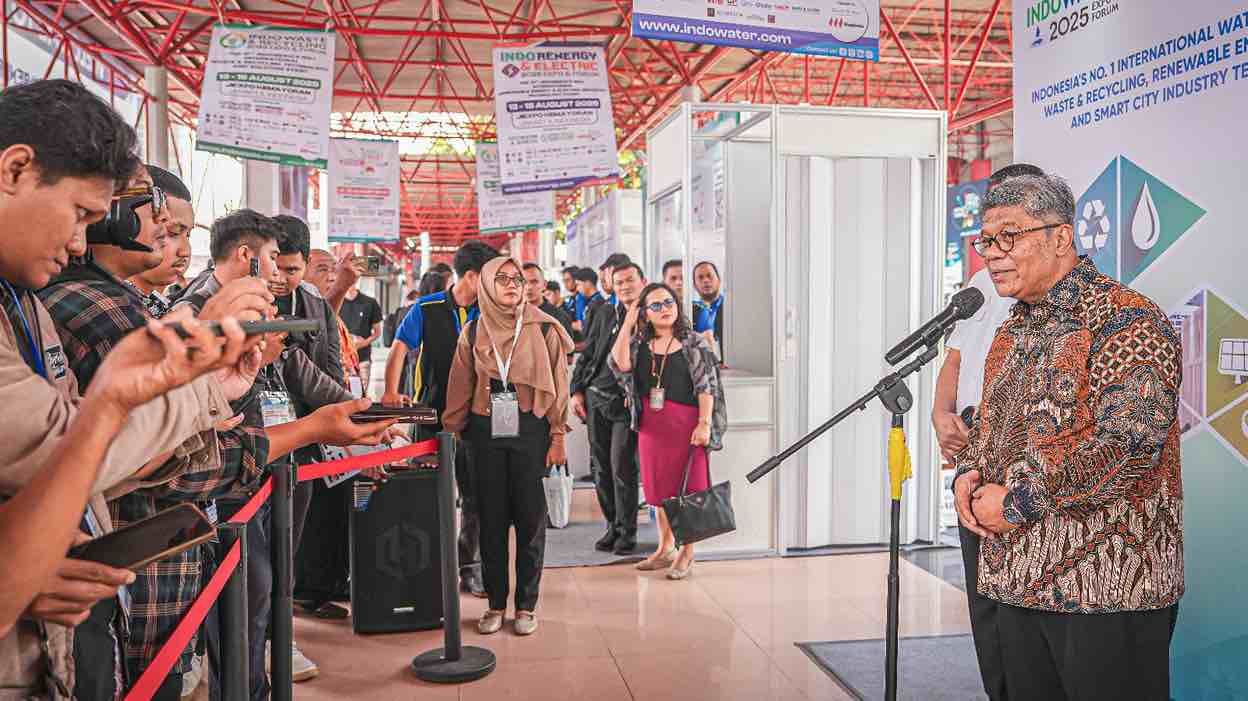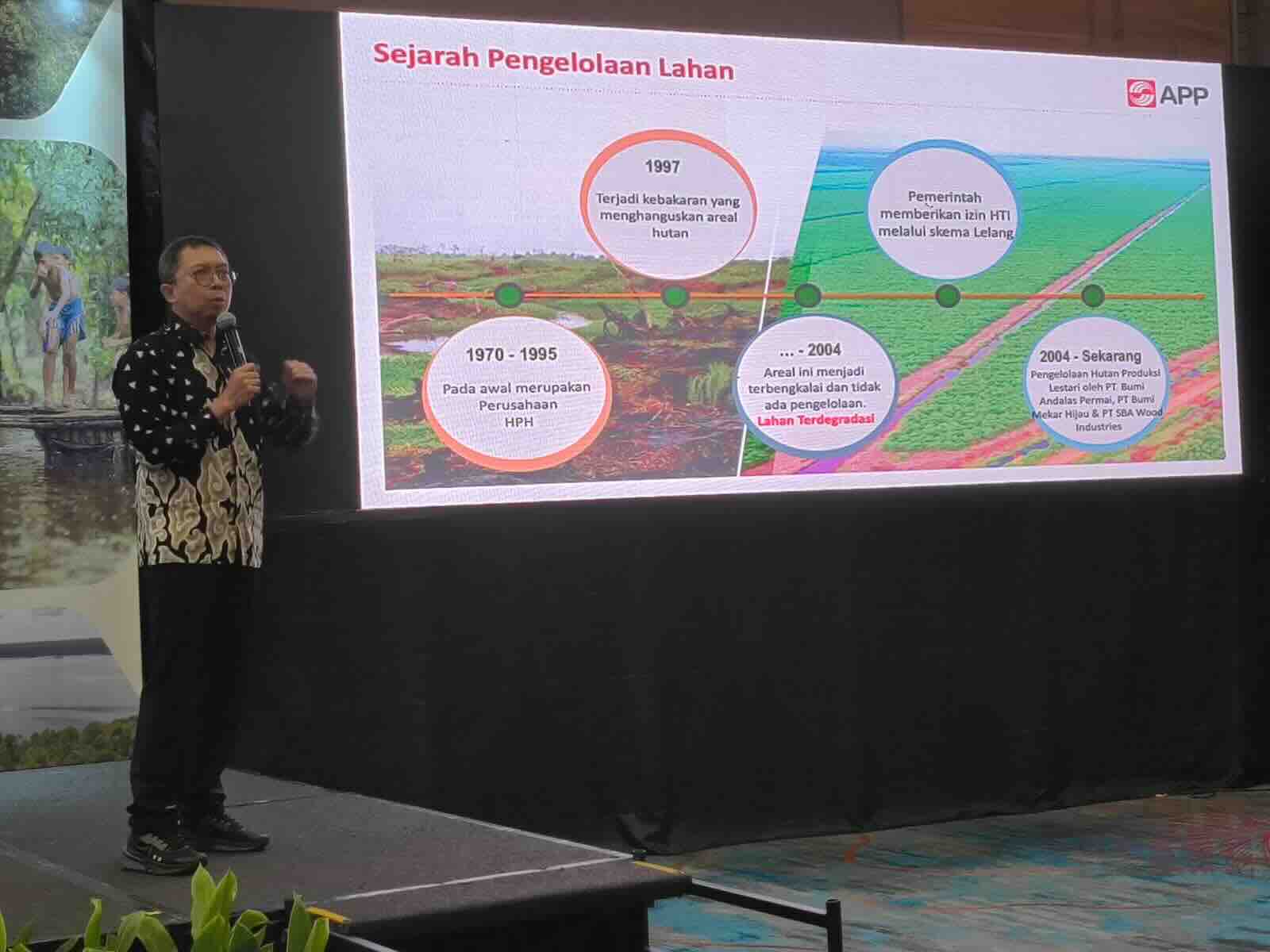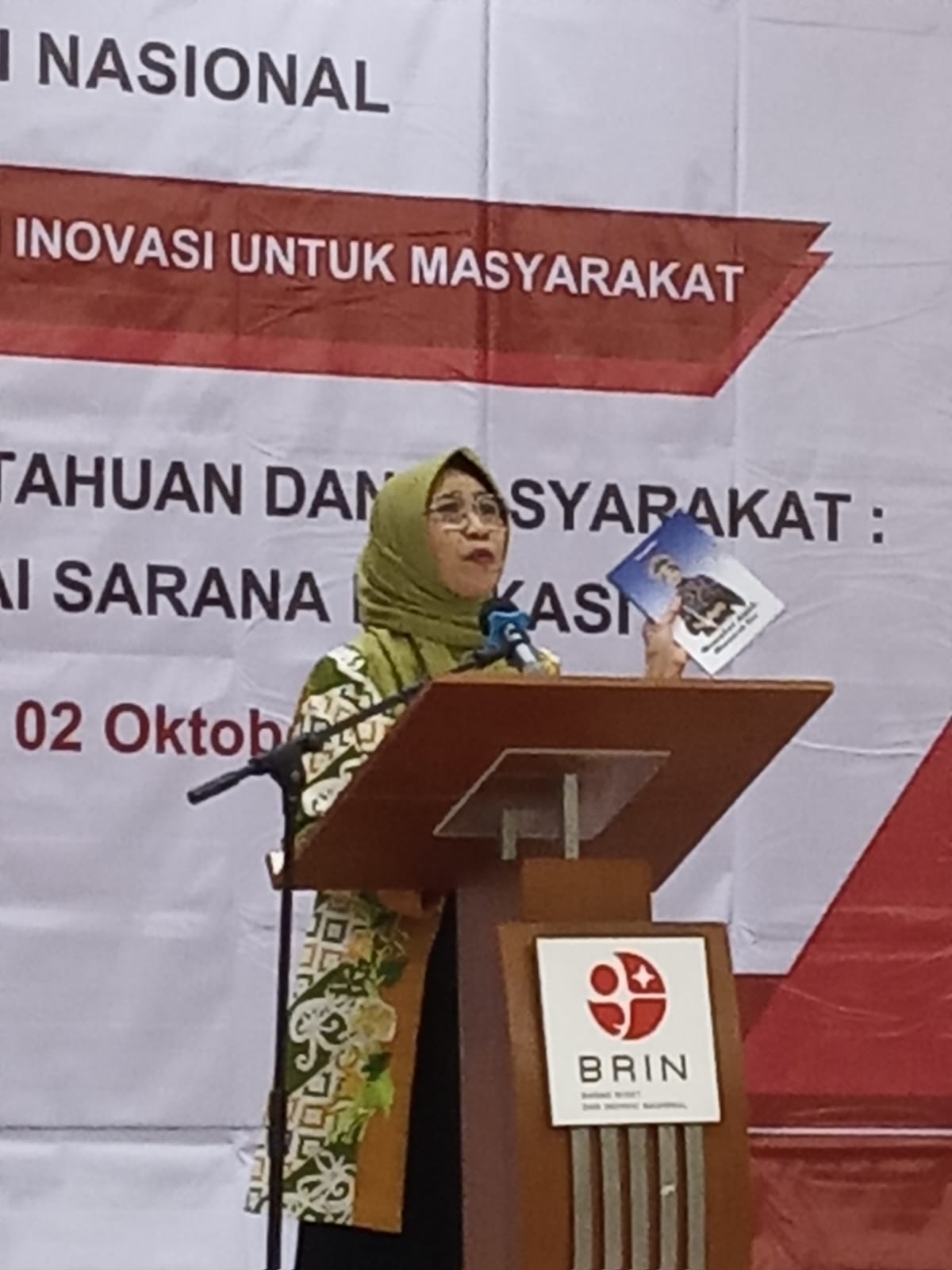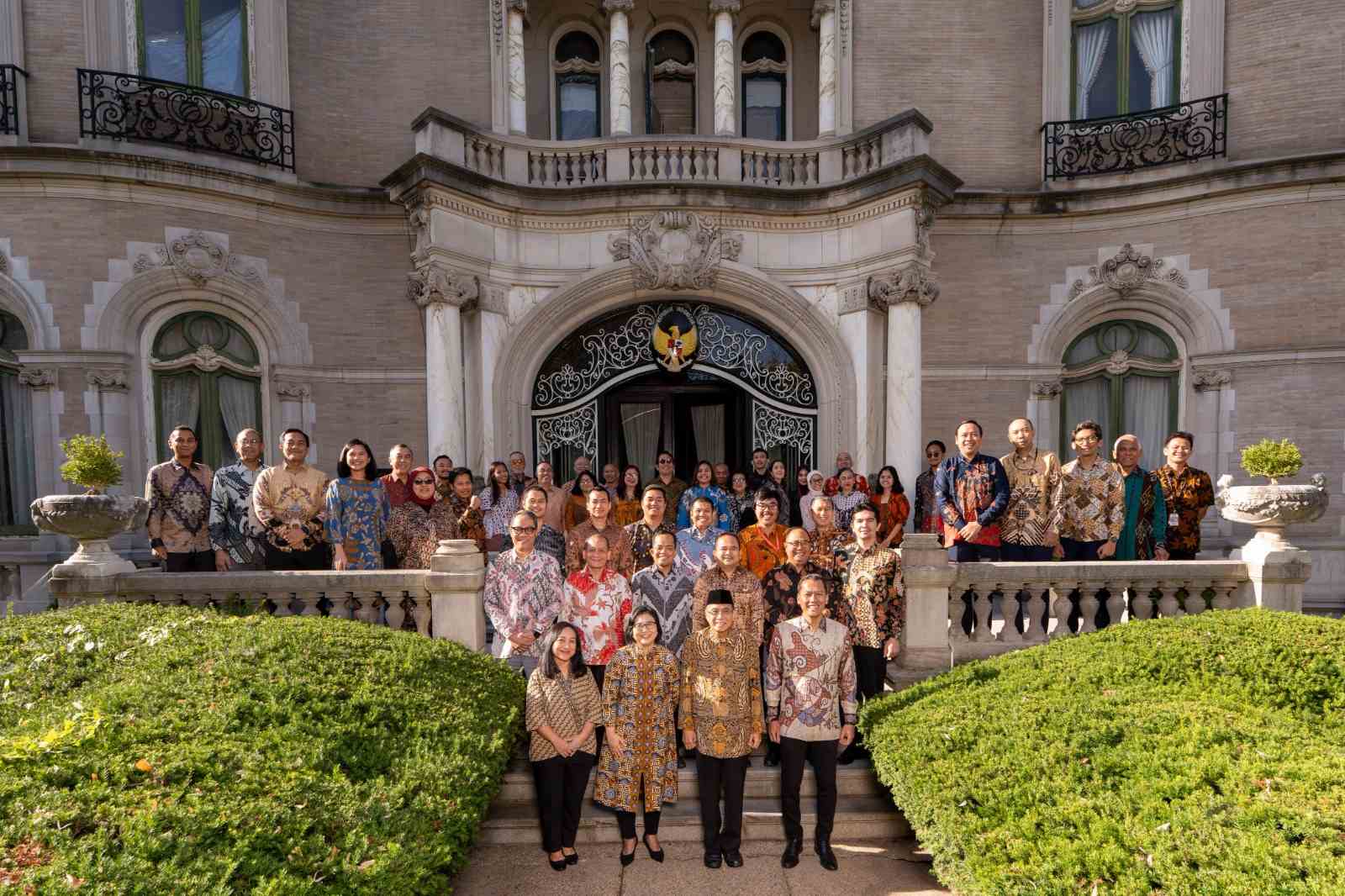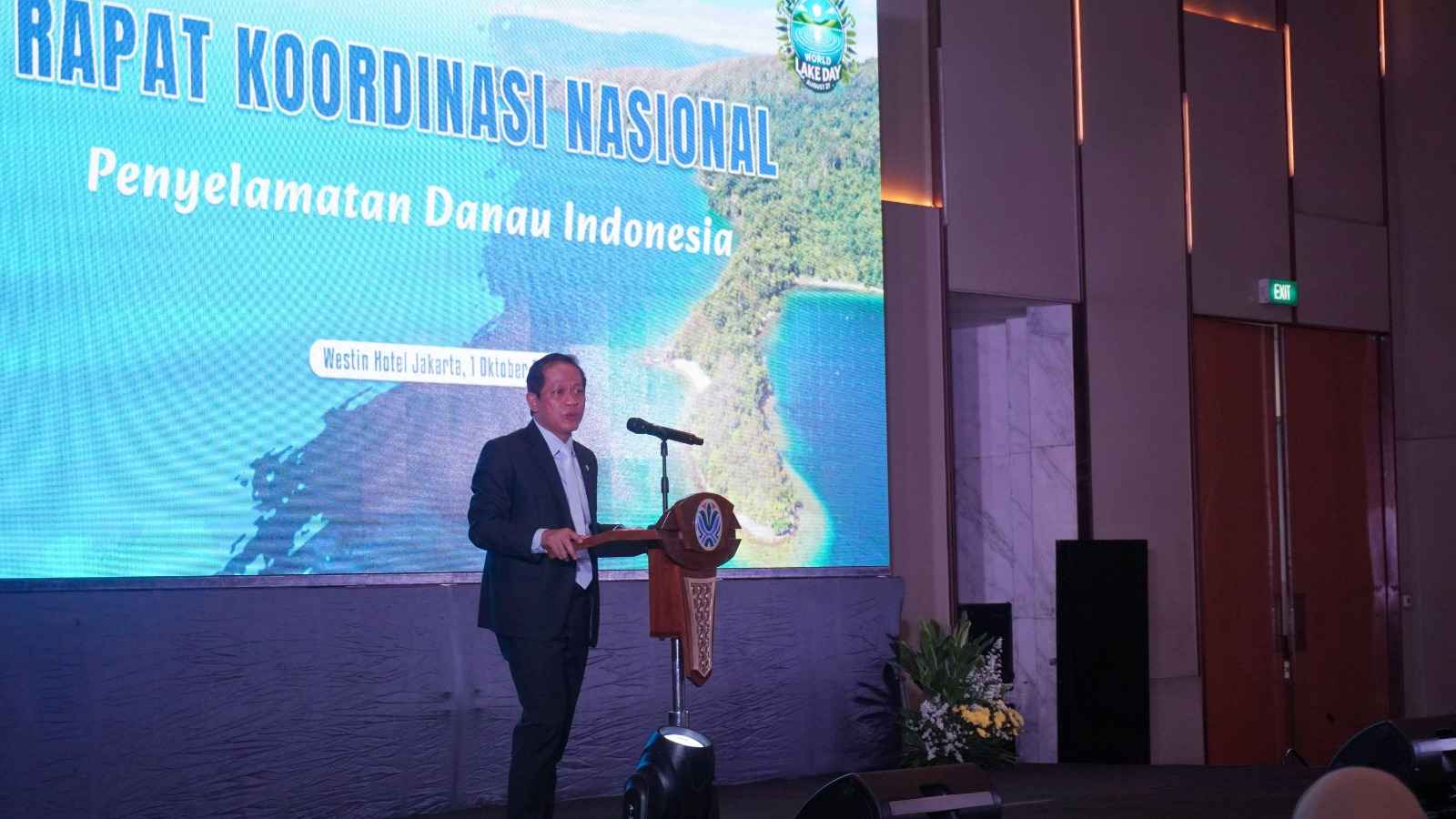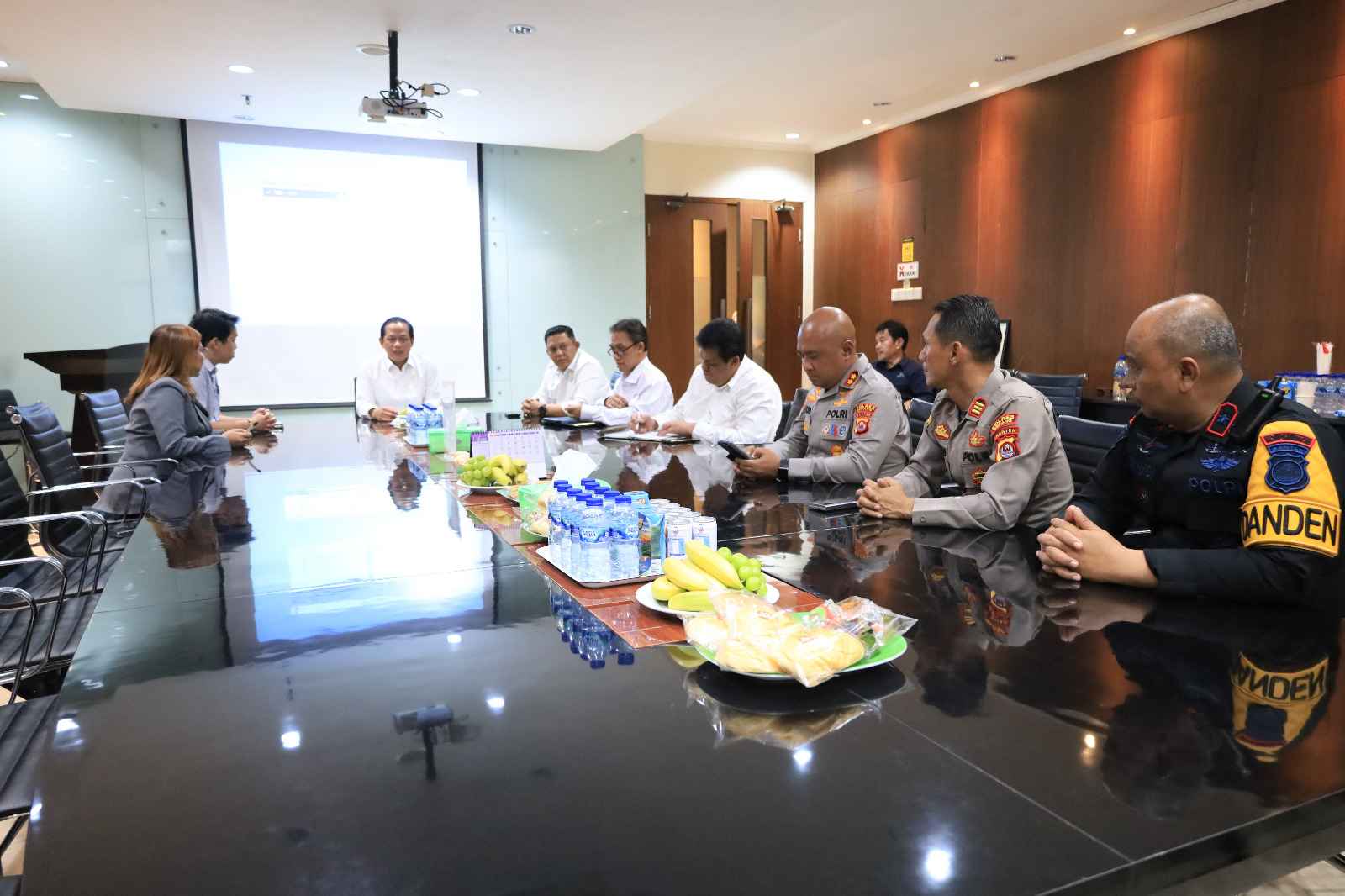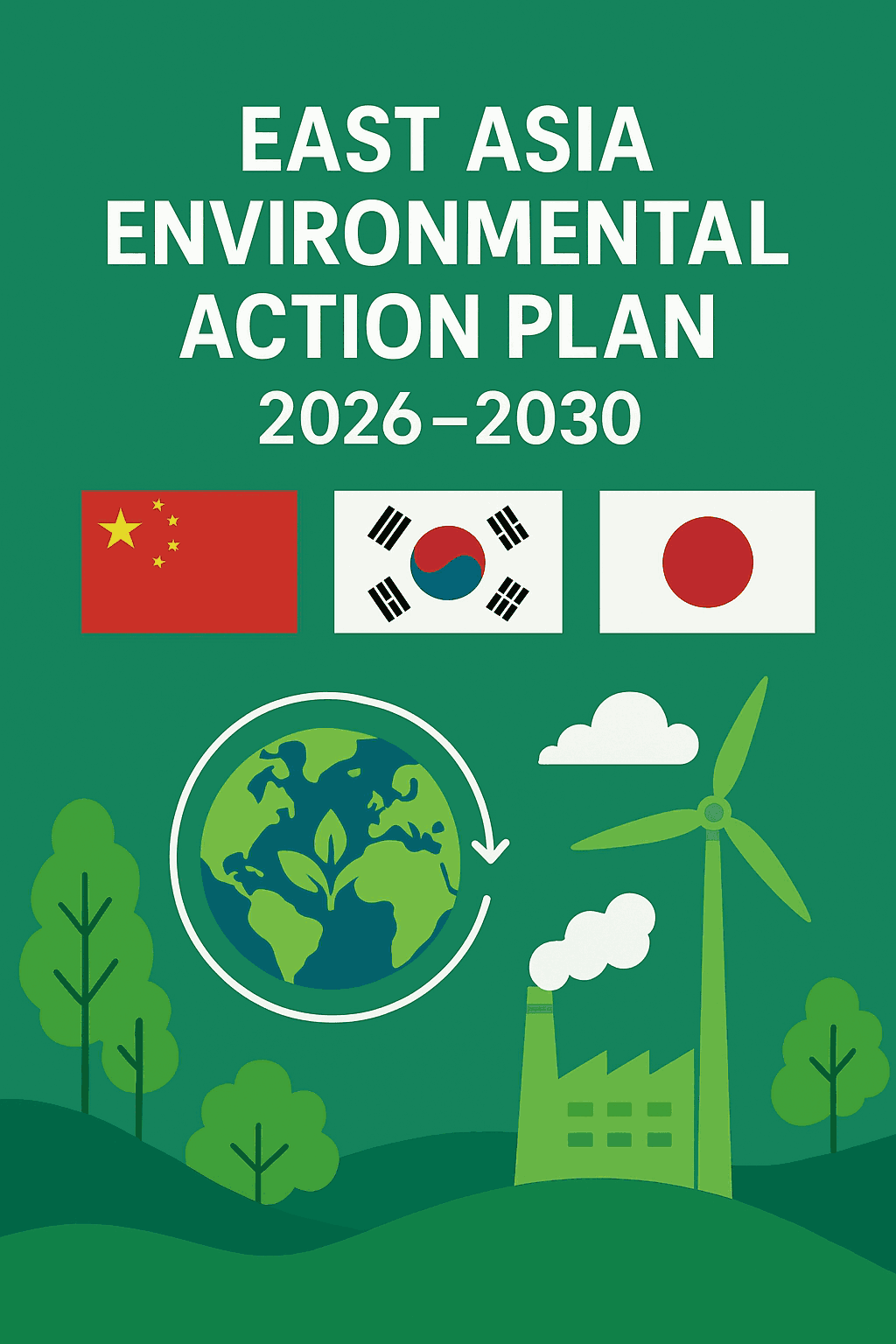Enviro News Asia, Jakarta – The Ministry of Environment/Environmental Management Agency (KLH/BPLH) has reaffirmed its commitment to accelerating national waste management efforts to achieve the target of 100% managed waste by 2029.
This commitment was emphasized at the opening of the Indo Waste & Recycling 2025 Expo & Forum held in Jakarta.
“Water, energy, waste management, and urban planning are interconnected. Cross-sector synergy is the key to creating sustainable cities,” said Ade Palguna, Deputy for Waste, Hazardous Waste, and Toxic Materials Management (PSLB3) at KLH/BPLH, during the opening of the Indo Waste & Recycling 2025 Expo & Forum on Wednesday (August 13, 2025) in Jakarta.
Indo Waste & Recycling 2025 is part of an integrated exhibition series with Indo Water, Indo Renergy & Electricity, and Indo International Smart City.
The event brings together government officials, businesses, industry players, academics, and the public to showcase innovations and sustainable environmental solutions.
Now in its 15th edition, this year’s exhibition features 611 participants from 26 countries. “This exhibition serves as a strategic platform to strengthen cross-sector collaboration towards sustainable cities,” Ade stated in an official release from the Ministry of Environment.
In his speech, Ade Palguna noted that the government has taken decisive steps in waste management.
These include banning open dumping systems at final disposal sites (TPA) and instructing 343 regional heads to switch at least to controlled landfill systems.
The government has also set new criteria for the Adipura environmental award, prohibiting illegal temporary waste disposal sites (TPS) and requiring industries, through the Proper Program, to process at least 60% of their waste.
KLH/BPLH has also strengthened law enforcement to ensure compliance with these policies.
KLH/BPLH views the Indo Waste & Recycling 2025 as an important opportunity to enhance collaboration among all stakeholders in building sustainable cities.
“Appropriate technology, the promotion of clean energy transition, ensuring the availability of clean water, and developing smart cities — with this collaboration, KLH/BPLH is optimistic that the 2029 Clean Indonesia target can be achieved, creating a healthy and sustainable environment for future generations,” Ade concluded. (*)




